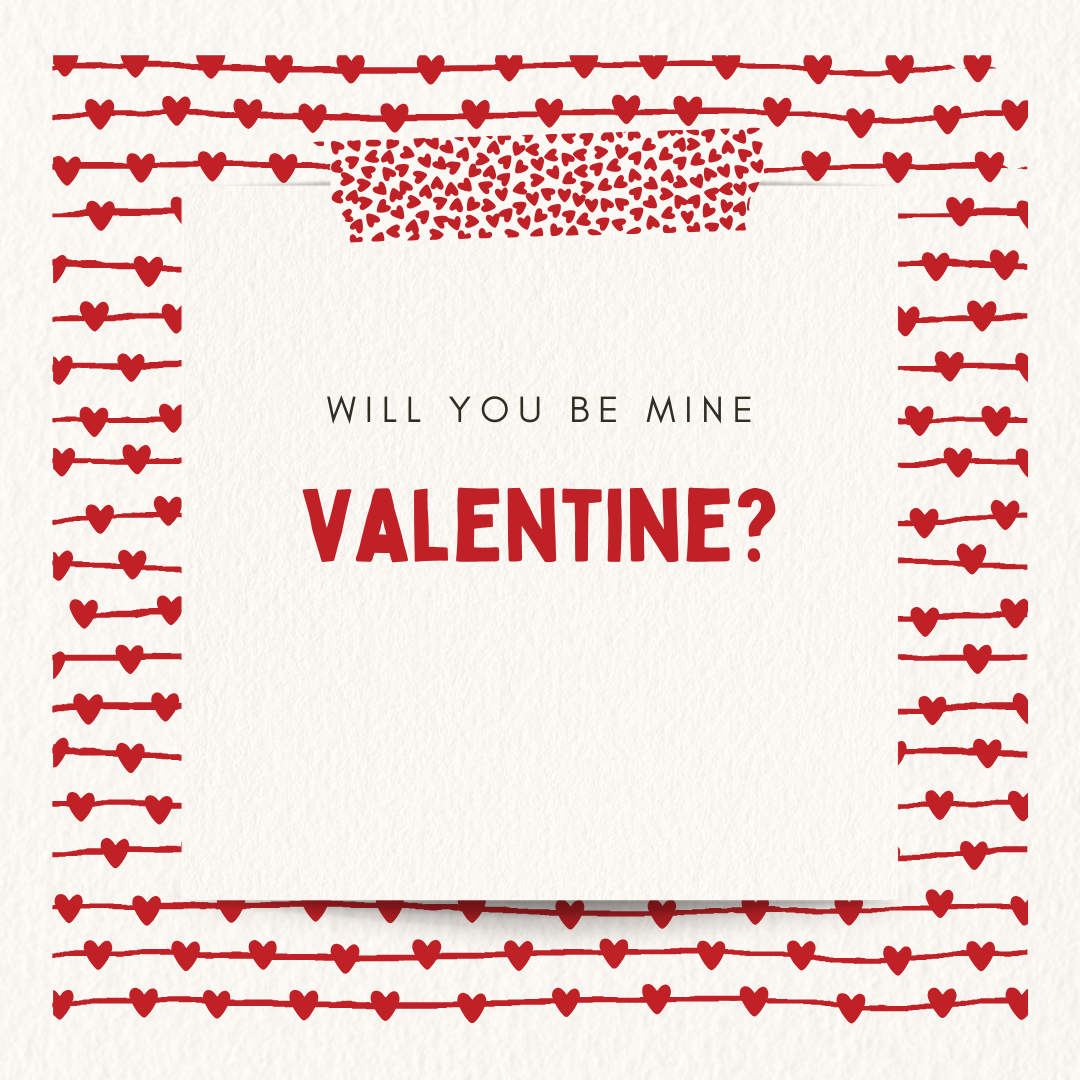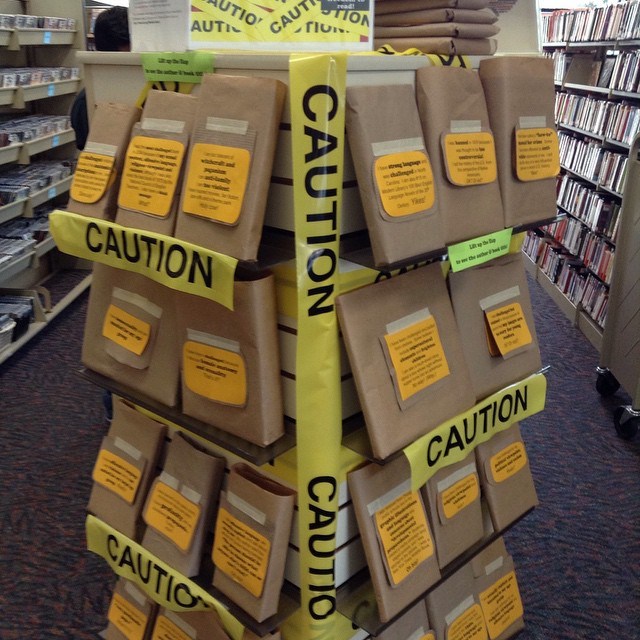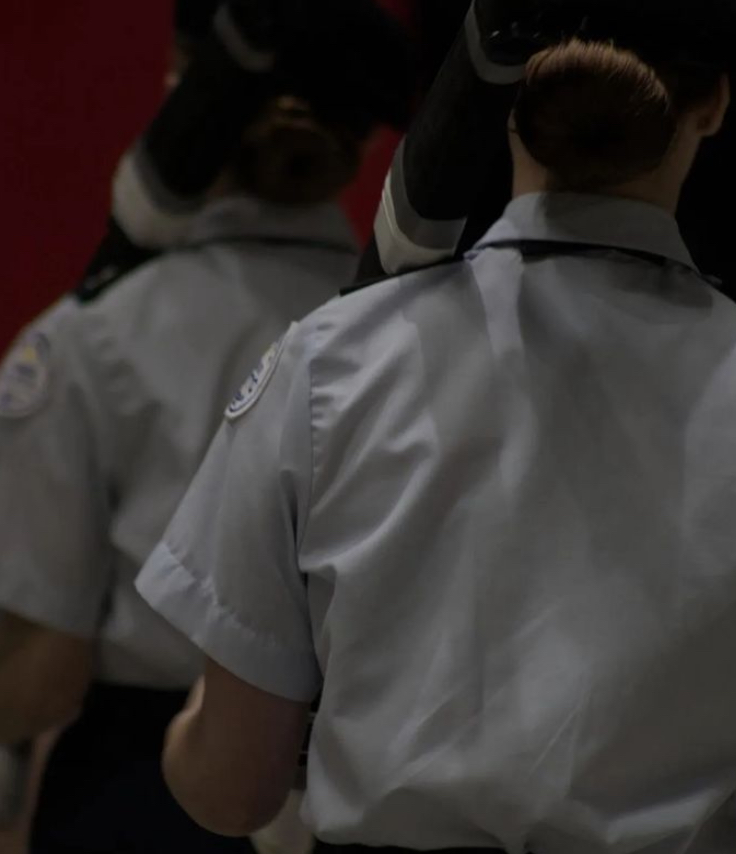According to the American Library Association, approximately 4,240 titles were in danger of censorship in 2023. This number was a 92 percent increase from the previous year. Books face censorship to protect others from difficult ideas or information.
The first book banned in the United States was “New English Canaan” by Thomas Mortan. The three-volume work- publicized in 1637- featured the opinions of Native Americans and the treatment they received at the hands of the Puritans. Outraged, the settlers of America destroyed and banned all copies.
Today roughly 1,500 books have been officially banned from American libraries and schools. Popular titles of censorship include “1984” and “To Kill a Mocking Bird”. Both of these examples have been used in teaching for an unprecedented amount of time. Themes and ideas crucial to the education of students are present within these books; devolving the skills used in necessary life. Reasons for their banishment include social/political themes, sexual content, and racist language. However, these reasons only reflect their time of publication. Subjects such as politics and social decline were common in discussion at the time, and therefore common within literature.
Other famous titles censored include six children’s books written by Doctor Seuss. The books were rhythmic in nature and featured characters performing outrageous tasks. However, due to the illustrations displayed an offense to the African American and Asian community was taken. Deborah Caldwell-Stone, the 2022 director of the American Library Association’s Office of Intellectual Freedom shared, “Any author, or anyone publishing books, can make choices about what is out in the world. However, an author’s or publisher’s decision to stop publishing a book should not be grounds alone for removing a book from a library’s collection.”
Currently, libraries get to decide what books are in circulation and different places have addressed the issue of banned titles with different means. For example, a book considered banned may still be available in an author’s or publisher’s decision to stop publishing a book should not be grounds alone for removing a book from a library’s collections library and not available in a public one.
In 1982, Judith King- a First Amendment and library activist- founded Banned Book Week, as a response to the surge of titles in consideration of censorship. Today, this holiday is celebrated by literary enthusiasts, recognizing a challenge to read only banned titles. This year’s theme for banned book week is “freed between the lines” and is a reminder that new ideas and powerful concepts are expressed not just through our speech, but on the page.
For more information regarding banned books and banned book week please refer to your local librarians or the American Library Association.

















